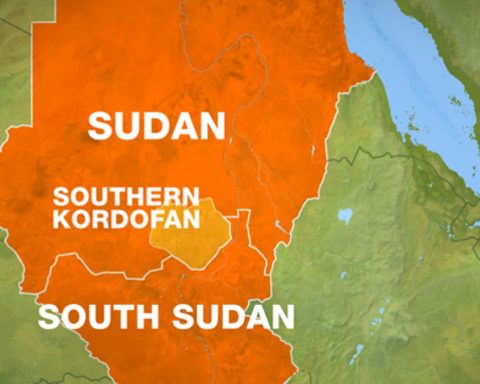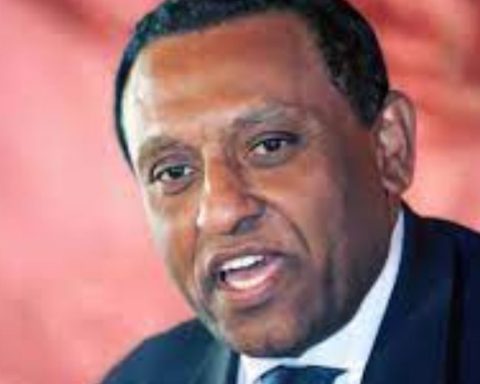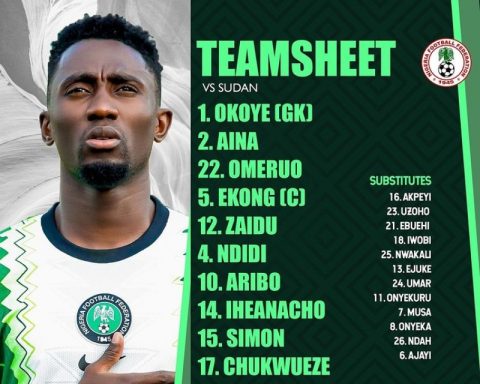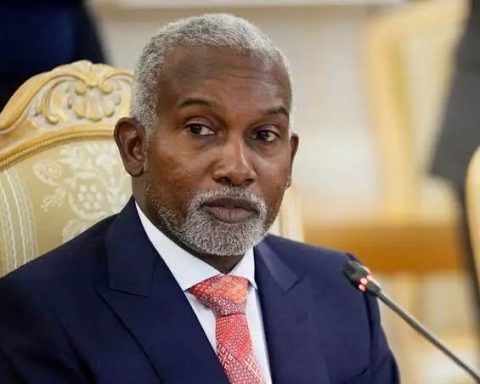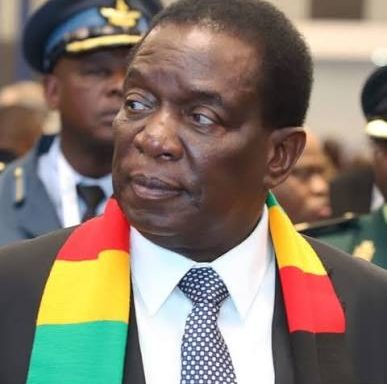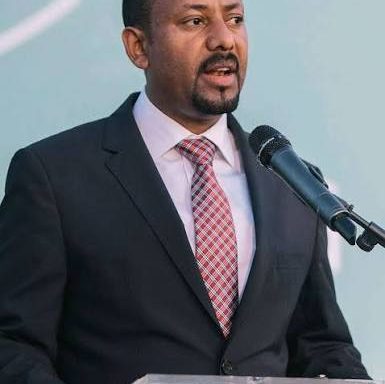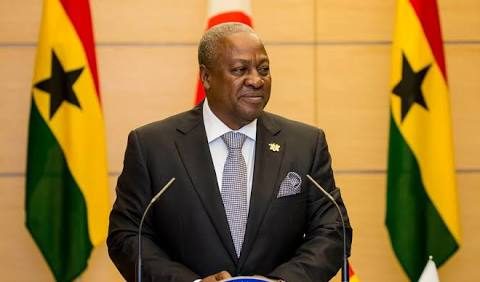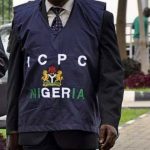The United Nations Security Council on Wednesday firmly rejected a plan by Sudan’s Rapid Support Forces (RSF) to establish a rival government in territories it controls, warning that the move threatens the country’s sovereignty, unity and regional stability.
This follows the announcement in July by a coalition led by the RSF, under General Mohamed Hamdan Dagalo, also known as Hemedti, of a parallel government.
Join our WhatsApp ChannelGeneral Dagalo was named head of a 15-member presidential council, while Abdel Aziz al-Hilu, leader of the Sudan People’s Liberation Movement-North (SPLM-N), one of Sudan’s largest rebel groups, was appointed his deputy. The coalition also named Mohamed Hassan al-Taishi as prime minister and designated regional governors in areas under RSF control.
In February, the RSF and allied rebel and civilian political factions signed an agreement to form a secular “New Sudan” government. The move was designed to challenge the legitimacy of the existing administration and to secure access to advanced weapons through international partnerships, according to Reuters.
The Security Council, in a statement delivered by its rotating president, Eloy Alfaro de Alba of Panama, said it “unequivocally reaffirmed” its commitment to Sudan’s sovereignty, independence and territorial integrity. The statement warned that actions such as those taken by the RSF “would not only endanger the future of Sudan but also undermine peace and stability across the region.”
The Council expressed “grave concern” that the declaration of a parallel authority could further fragment the country and worsen what is already one of the world’s most severe humanitarian crises. It also reiterated its demand for the RSF to lift its siege of the city of El Fasher in North Darfur, where over one million civilians remain trapped without access to food, medicine or humanitarian aid.
The RSF currently maintains effective control over large parts of western and southern Sudan. This includes most of the Darfur region — South, Central, East and West Darfur — though El Fasher in North Darfur remains contested. The group also controls significant parts of West and North Kordofan. In the capital, Khartoum, RSF fighters dominate many neighbourhoods, despite recent gains by government forces in reclaiming parts of the city, including key administrative buildings. RSF previously held territory in Al Jazirah State but lost the capital, Wad Madani, to opposing forces in January 2025.
The conflict, which erupted in April 2023, has plunged Sudan into an unprecedented humanitarian disaster. More than 13 million people have been displaced within and outside the country, tens of thousands have been killed, and famine conditions are taking hold in parts of Darfur and Kordofan.
Aid agencies and human rights organisations have documented mass killings, ethnic violence and systematic attacks against civilians, particularly in areas controlled by the RSF.
While the RSF insists its new government is intended to restore order and representation to marginalised regions, the United Nations has warned that such unilateral moves risk deepening the crisis and pushing Sudan further towards permanent fragmentation.
The Security Council reiterated its call for a return to negotiations, the implementation of a permanent ceasefire and a resumption of the political process led by civilians. It also demanded full humanitarian access across conflict zones and warned that the continuation of parallel state structures would prolong suffering and instability.
READ ALSO: Millions Risk Losing Food Aid As WFP Faces Funding Crisis In South Sudan
As international pressure mounts, the RSF faces growing isolation on the world stage. Whether this translates into a reversal of its political course remains uncertain, particularly as the group continues to consolidate its hold over swathes of western Sudan and parts of the capital.
The future of Sudan, many observers agree, hinges on whether diplomacy and coordinated pressure can overcome entrenched division and prevent the country from descending further into collapse.


